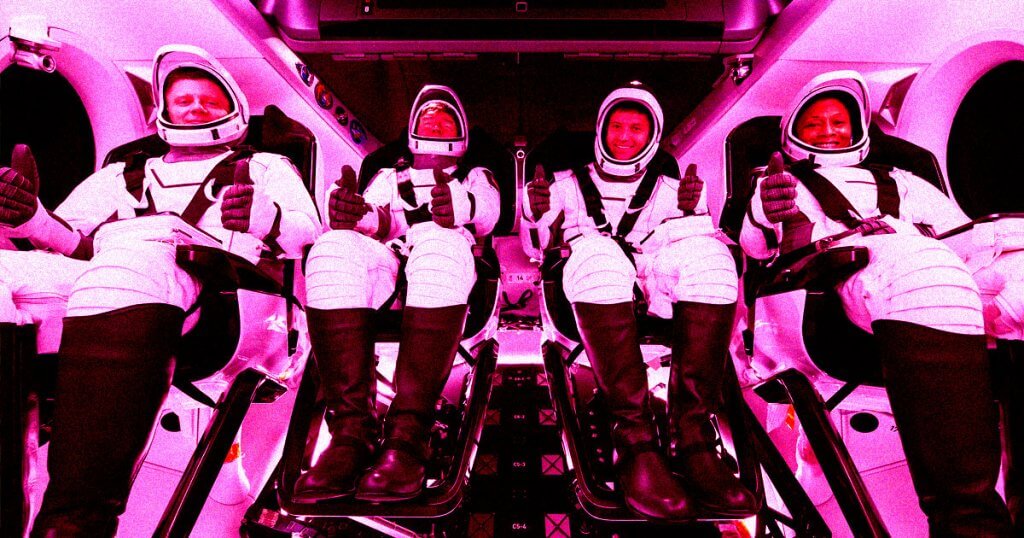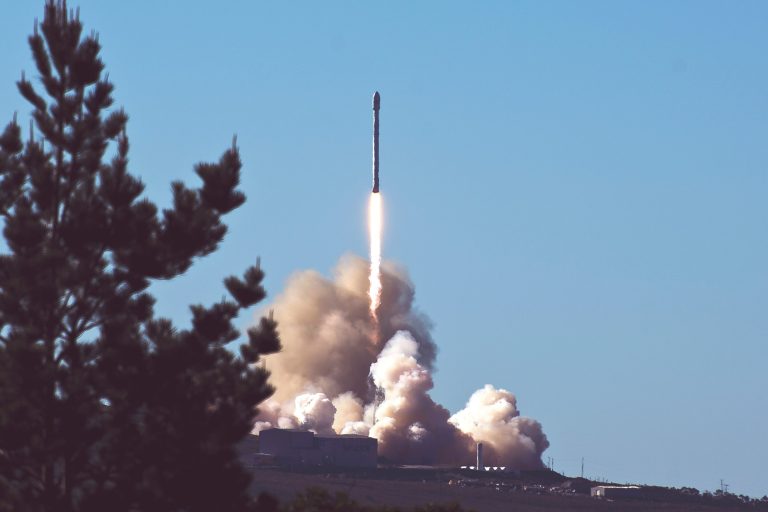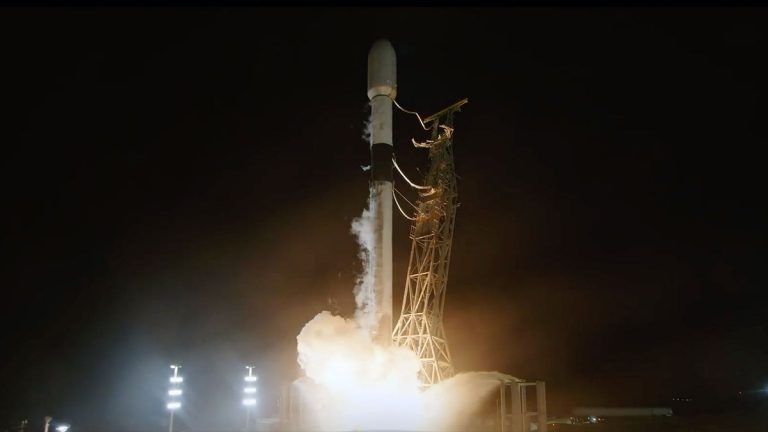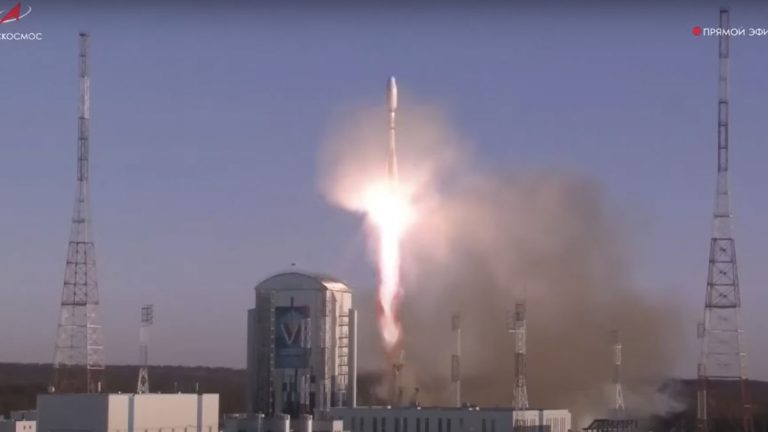
NASA Clown Car Plan Would Stuff Extra Astronauts Into SpaceX Capsule to Avoid Return Journey in Disastrous Boeing Starliner (Image Credit: futurism-com)
NASA still hasn’t decided whether to send its two stranded astronauts, Butch Wilmore and Suni Williams, back from the International Space Station on board Boeing’s plagued Starliner.
The pair’s trip to the orbital outpost has repeatedly been extended thanks to glaring technical issues affecting Starliner’s propulsion system.
For now, NASA is keeping all of its options open as it studies several contingency plans. Perhaps the most discussed plan is to have Wilmore and Williams return on board SpaceX’s Crew-9 spacecraft early next year.
But in case things didn’t go according to plan, NASA has also been considering a far more eccentric option: stuffing Wilmore and Williams into SpaceX’s already fully occupied Crew-8 spacecraft, which delivered a crew of four to the ISS in early March and is still currently docked to the ISS alongside the troubled Starliner.
“We have a task order in place to allow up to three crew members on the cargo pallet using the foam configuration in the Crew-8 Dragon,” the head of NASA’s commercial crew program Steve Stich revealed during a conference call today.
In other words, if push comes to shove, NASA would consider cramming Williams and Wilmore into the negative space surrounding the four occupied seats — highlighting the lengths the agency is willing to go to ensure its astronauts’ safe return.
Having a crew of six climb into SpaceX’s Crew Dragon spacecraft isn’t quite as outlandish as it sounds. The space company originally designed the capsule to house up to seven passengers, but NASA has opted to send crews of four to the ISS since its first official crew rotation mission involving the spacecraft in November 2020.
Since at least 2022, NASA has been assessing how to accommodate up to seven crew members in the capsule, an investigation spurred by Russia’s Soyuz MS-22 spacecraft springing a leak and spraying coolant into outer space.
NASA astronaut Frank Rubio, who launched to the ISS in July 2022 on board the leaking capsule, had his stay on board the ISS extended considerably due to the leak, consequently breaking the record for the longest spaceflight by an American astronaut.
At the time, NASA floated the idea of moving his Soyuz seat to SpaceX’s Crew-5 Dragon in case of an emergency, increasing the number of occupants from four to five. Rubio, however, returned to Earth on board a substitute Soyuz capsule that was sent to the space station in October.
During today’s conference call, ISS program manager Dana Weigel recalled the event to discuss the option of having Wilmore and Williams return in an already full-up Dragon spacecraft.
“We put in place a capability that allowed for a five crew return with the Dragon,” she said. “When we did that, we used the seat liner as the cushion on the Dragon cargo pallet for Frank [Rubio], and what we realized after that is ideally we wouldn’t be taking the Soyuz seat liner and moving it. It is vulnerable to damage.”
As a result, NASA had to come up with an alternative that involved “using a different foam basically for the cushioning and didn’t require us to move the seat liner.”
“That’s actually the generic contingency configuration that we plan to use for all of our Soyuz crew members if we ever encounter a Soyuz vehicle issue and need to use the Dragon,” Weigel said.
In the case of an emergency, this same plan could be applied to Williams and Wilmore’s makeshift seats on board Crew-8.
In July, NASA awarded SpaceX a $266,000 task order to examine whether it could fit more than four crew members on Crew Dragon. At the time, NASA claimed the order was related to the Soyuz coolant leak, not Starliner.
NASA has yet to make an official call. Task order or not, the two far more likely outcomes are for NASA to either risk sending Williams and Wilmore back home on board Boeing’s leaking spacecraft or — in a vote of no confidence — delay their return by securing two seats on Crew-9 and sending Starliner back to Earth without a crew.
The space agency isn’t exactly in an enviable position, and officials will likely spend the next few weeks or so poring over the data NASA and Boeing have collected so far.
The agency is giving itself until “mid-August” to make a decision, according to today’s call.








